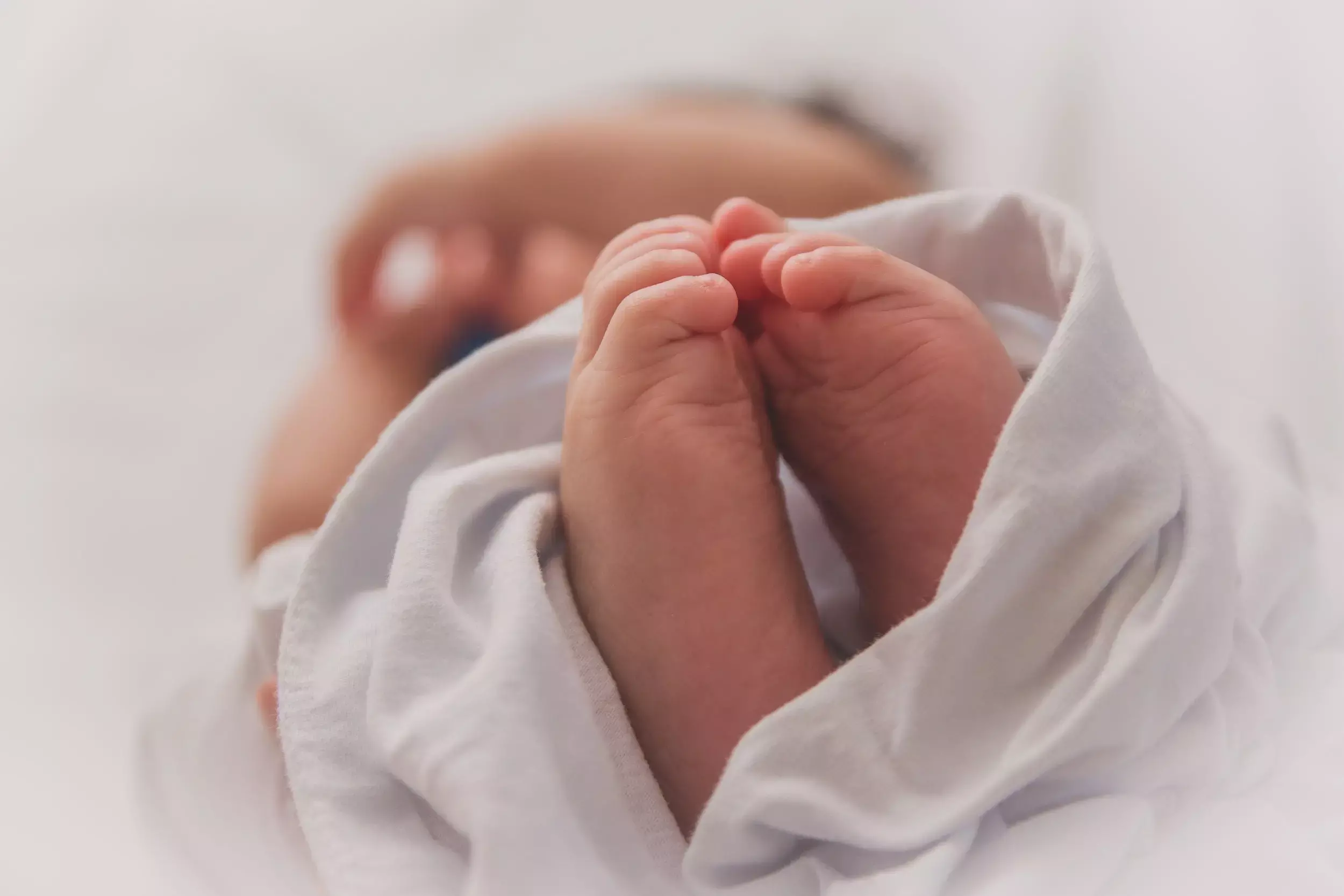- Home
- Medical news & Guidelines
- Anesthesiology
- Cardiology and CTVS
- Critical Care
- Dentistry
- Dermatology
- Diabetes and Endocrinology
- ENT
- Gastroenterology
- Medicine
- Nephrology
- Neurology
- Obstretics-Gynaecology
- Oncology
- Ophthalmology
- Orthopaedics
- Pediatrics-Neonatology
- Psychiatry
- Pulmonology
- Radiology
- Surgery
- Urology
- Laboratory Medicine
- Diet
- Nursing
- Paramedical
- Physiotherapy
- Health news
- Fact Check
- Bone Health Fact Check
- Brain Health Fact Check
- Cancer Related Fact Check
- Child Care Fact Check
- Dental and oral health fact check
- Diabetes and metabolic health fact check
- Diet and Nutrition Fact Check
- Eye and ENT Care Fact Check
- Fitness fact check
- Gut health fact check
- Heart health fact check
- Kidney health fact check
- Medical education fact check
- Men's health fact check
- Respiratory fact check
- Skin and hair care fact check
- Vaccine and Immunization fact check
- Women's health fact check
- AYUSH
- State News
- Andaman and Nicobar Islands
- Andhra Pradesh
- Arunachal Pradesh
- Assam
- Bihar
- Chandigarh
- Chattisgarh
- Dadra and Nagar Haveli
- Daman and Diu
- Delhi
- Goa
- Gujarat
- Haryana
- Himachal Pradesh
- Jammu & Kashmir
- Jharkhand
- Karnataka
- Kerala
- Ladakh
- Lakshadweep
- Madhya Pradesh
- Maharashtra
- Manipur
- Meghalaya
- Mizoram
- Nagaland
- Odisha
- Puducherry
- Punjab
- Rajasthan
- Sikkim
- Tamil Nadu
- Telangana
- Tripura
- Uttar Pradesh
- Uttrakhand
- West Bengal
- Medical Education
- Industry
Vitamin D levels among neonates born after IVF higher compared to neonates from general population: Study

Vitamin D levels among neonates born after IVF are higher compared with neonates from the general population suggests a study published in the Acta Obstetricia et Gynecologica Scandinavica.
Sufficient levels of vitamin D have been associated with higher chances for both clinical pregnancy and live birth among women undergoing assisted reproductive techniques, whereas low levels of maternal vitamin D have been associated with preeclampsia and late miscarriage. In Denmark, subgroups at risk for low vitamin D levels, including neonates and toddlers, are recommended to use supplementation. The aim was to study the level of vitamin D3 among neonates born after in vitro fertilization compared with neonates from the general population. In this cohort study a random sample of 1326 neonates representing the general population and 1200 neonates conceived by in vitro fertilization born in Denmark from 1995 to 2002 were identified from registries covering the whole Danish population.
Information on use of assisted reproduction was collected from the Danish In Vitro Fertilization register, ICD-10 code: DZ358F. 25-Hydroxyvitamin D was measured from dried blood spots routinely collected by heel prick 48-72 h after birth and corrected according to the hematocrit fraction for capillary blood of neonates. Linear regression analysis was performed, both crude and adjusted, for predefined putative confounders, identified through directed acyclic graphs. Results: Vitamin D3 analysis could be performed from a total of 1105 neonates from the general population and 1072 neonates conceived by in vitro fertilization that were subsequently included in the study. The median vitamin D3 was 24.0 nmol/L (interquartile range [IQR] 14.1-39.3) and 33.0 nmol/L (IQR 21.3-48.8) among neonates from the general population and neonates conceived by in vitro fertilization, respectively. The adjusted mean difference between neonates from the general population and those conceived by in vitro fertilization was 6.1 nmol/L (95% confidence interval 4.1-8.1). In this study, children born after in vitro fertilization have a higher vitamin D3 than a random sample of neonates in Denmark.
Reference:
Walker KC, Pristed SG, Thorsteinsdottir F, Specht IO, Cohen A, Heitmann BL, Kesmodel US. Vitamin D3 among neonates born after in vitro fertilization compared with neonates from the general population. Acta Obstet Gynecol Scand. 2024 Apr 18. doi: 10.1111/aogs.14819. Epub ahead of print. PMID: 38637997.
Dr. Shravani Dali has completed her BDS from Pravara institute of medical sciences, loni. Following which she extensively worked in the healthcare sector for 2+ years. She has been actively involved in writing blogs in field of health and wellness. Currently she is pursuing her Masters of public health-health administration from Tata institute of social sciences. She can be contacted at editorial@medicaldialogues.in.
Dr Kamal Kant Kohli-MBBS, DTCD- a chest specialist with more than 30 years of practice and a flair for writing clinical articles, Dr Kamal Kant Kohli joined Medical Dialogues as a Chief Editor of Medical News. Besides writing articles, as an editor, he proofreads and verifies all the medical content published on Medical Dialogues including those coming from journals, studies,medical conferences,guidelines etc. Email: drkohli@medicaldialogues.in. Contact no. 011-43720751


